Index
¿What is
Artificial insemination?
Artificial insemination is an assisted reproduction technique that consists of introducing a semen sample, previously trained in the laboratory, into the woman’s uterus.
Through this treatment, specialists seek to increase the reproductive potential of the sperm and introduce them into the woman’s uterus at the most fertile time of her menstrual cycle. In this way, the chances of achieving pregnancy are maximized.
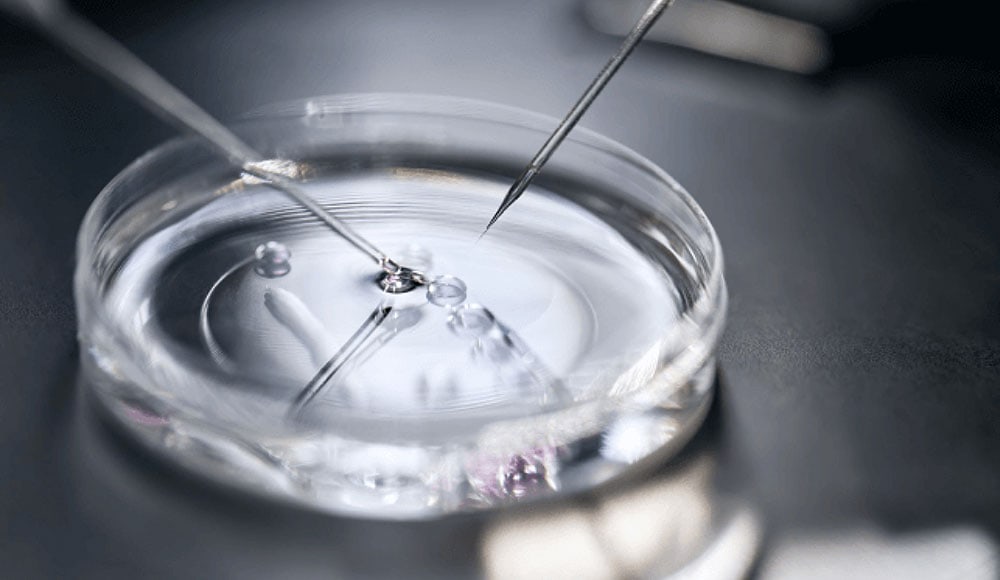

This procedure is painless and minimally invasive compared to other assisted reproduction techniques, such as in vitro fertilization (IVF). In addition, it is very fast, lasting about 15 minutes, and does not require anesthesia.
Types of artificial insemination
Depending on the origin of the sperm sample, there are two types of artificial insemination: with the partner’s sperm or with donor sperm.
- Artificial insemination with the partner’s sperm: this method is used when the partner’s sperm, once capacitated in the laboratory, is suitable for achieving pregnancy.
- Artificial insemination with donor sperm: this type of insemination is used when the partner’s sperm is not suitable to fertilize the egg, or when there is no male partner. For example, in single mothers or in female couples.

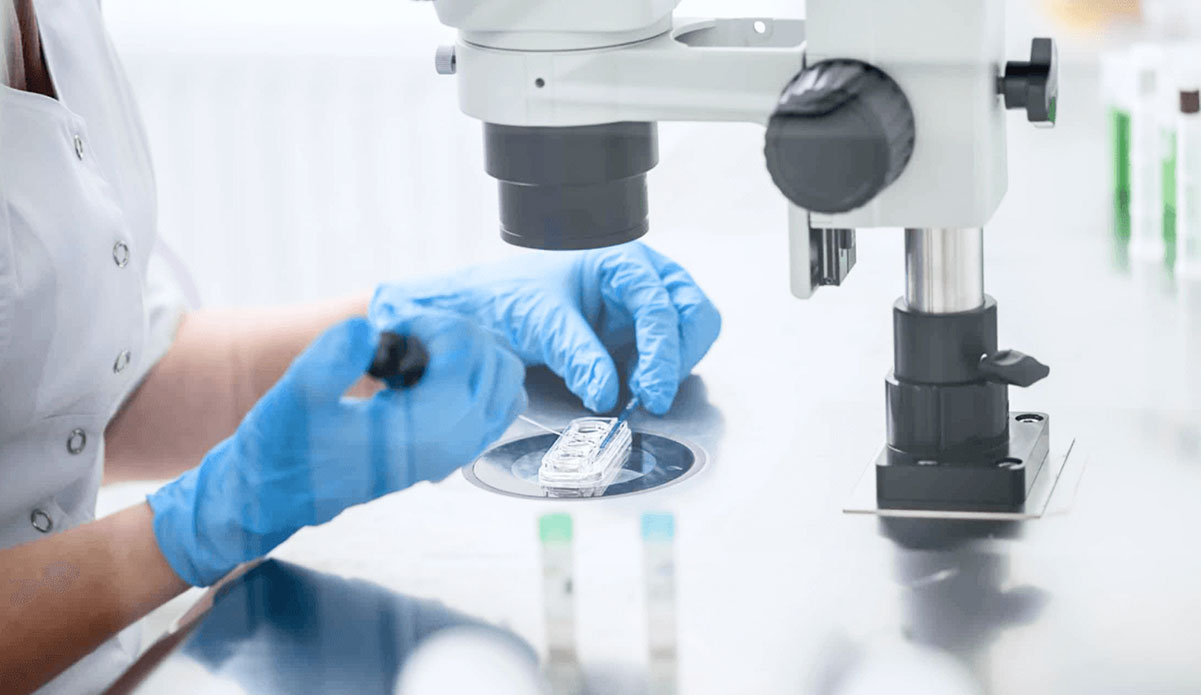
In what cases is artificial insemination performed?
In general, artificial insemination is indicated in the following cases:
- Women without a male partner who have a good ovarian reserve.
- Women without a partner or heterosexual couples in which the woman presents alterations in ovulation.
- Women without a partner or heterosexual couples in which the woman presents alterations in the entrance of the uterus.
- Heterosexual couples in which the man has mild or moderate abnormalities in sperm quality.
Heterosexual couples in which the man is a carrier of a genetic disease that cannot be studied in the embryos.
In this case, the sample will come from a sperm donor.
How is the artificial insemination process?

Ovarian stimulation
Ovarian stimulation consists of administering an injected hormonal medication to the woman in order to stimulate the development of one or two follicles (small sacs where the eggs are found).
In this way, there will be a greater chance that one of them will be fertilized by the man’s sperm.
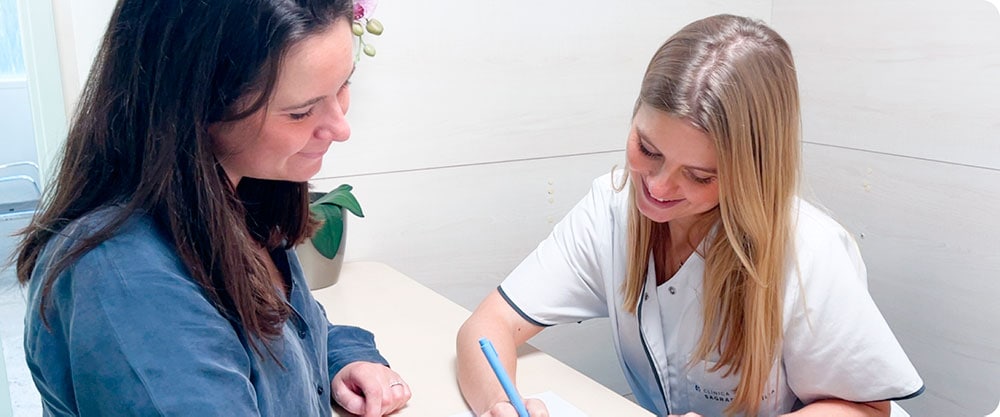

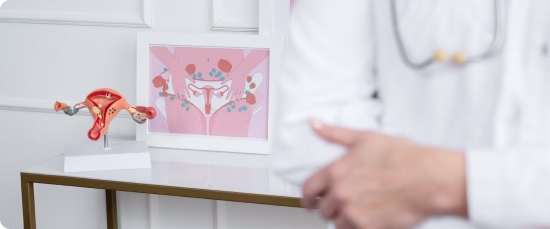
Ultrasound control
During the ovarian stimulation phase, the doctor performs two to three ultrasound checks to monitor follicular growth. Once the follicles have reached the appropriate conditions, ovulation is induced.
To induce ovulation, a dose of the hormone hCG is administered. 36 hours after this, artificial insemination is performed.

Semen’s preparation
The same day of the artificial insemination, the sperm sample is prepared in the laboratory. In the case of an insemination with the couple’s sperm, the couple must leave the sample approximately two hours before the insemination, so that it can be capacitated in the laboratory.
This procedure consists of selecting and choosing the sperm that meet optimal conditions to be inserted into the woman’s uterus.
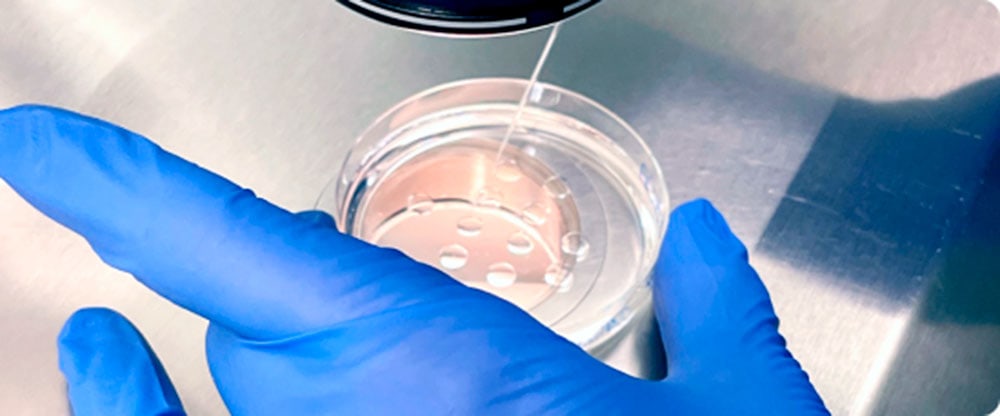

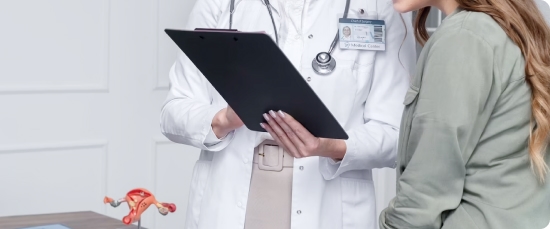
Artificial insemination
With a cannula, the semen sample is introduced into the uterus. This process lasts about 15 minutes.
Given its simplicity, it can be performed in the office or in the operating room, without the need for local anesthesia or sedation.

Pregnancy test
Once the insemination is performed, a period known as beta-pregnancy begins. 15 days after the procedure, the woman will go to the fertility clinic for a blood pregnancy test by the specialists.
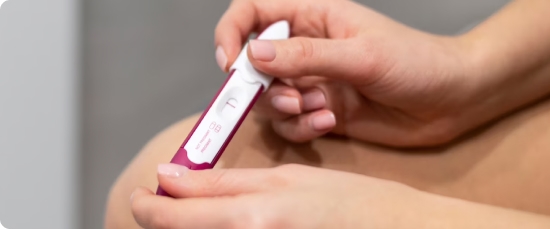

How much does artificial insemination cost?
Artificial insemination has an approximate price of between 800 and 1,800 euros. Normally, this budget includes the following:
- Ultrasounds during ovarian stimulation.
- Review of ultrasound scans and blood tests.
- Semen capacitation.
- Artificial insemination.
- Blood pregnancy test.
The difference between the prices we have given lies in the origin of the semen. In the case of using the partner’s semen, the budget for artificial insemination will range from 800 to 1,100 euros.
On the other hand, if a sperm donor is used, the treatment will cost between 1,200 and 1,800 euros.

Artificial insemination
What is the price?
Possibility of adapting payments to your needs: Representative example for a loan of €7,950 over a period of 24 months. Cash price €7,950 TIN 0%, APR 0%. 24 installments of €331.25. Total amount financed: €7,950. Total price in installments and total amount owed: €7,950. Financing offered by Sabadell Consumer Finance and subject to your approval.
Frequently asked questions
Compared to in vitro fertilization, artificial insemination has a number of advantages: it is simpler, faster (it lasts about 15 minutes), painless (so it does not require anesthesia or sedation) and cheaper.
Artificial insemination is a very simple procedure, so the side effects are not characterized as serious or common.
The main side effects of artificial insemination are slight bleeding after the procedure (due to the introduction of the cannula) or slight discomfort in the abdominal area. In any case, these discomforts usually subside within a few hours.
The artificial insemination treatment begins the day the hormonal medication is administered to the woman and ends the day the artificial insemination is performed.
The whole process lasts approximately 12 days. This indicative period is due to the fact that there are patients who need fewer days of stimulation and others who need more.
The main tests that are performed before starting the procedure are the following:
- Transvaginal ultrasound: serves to determine whether the ovaries and uterus are in optimal conditions to respond to insemination.
- Tubal patency test: allows to verify that at least one of the fallopian tubes is functional. If both tubes are obstructed, insemination cannot be performed.
- Hormone blood test: it is used to evaluate if the woman suffers from any hormonal problem that hinders fertilization.
- Seminogram: this test examines the man’s sperm to verify if it is suitable.
Once the results of the above tests have been obtained, the doctors will determine if the woman or couple has a high probability of responding positively to artificial insemination. If not, it will be necessary to consider other assisted reproduction treatments.
Find out what our patients say!

Marta Balaguer, Barcelona, España
I have been to other clinics and there is no color with the humane and personal treatment that I have received at the Barcelona Center. Waiting for pregnancy test result. 🤞 Wish me luck
Raquel López, Girona, España
Thanks to the experience of the doctors, we felt very calm and the results were highly successful.
Leave us your data for us to call you or call us toll free at
+34 602 259 002
- Experts in highly complex treatments
"*" indicates required fields
Where
are we?
Clinic
Barcelona
Passeig de la Bonanova 39
Sarrià-Sant Gervasi
08022, Barcelona
Telephone 936 55 55 44

